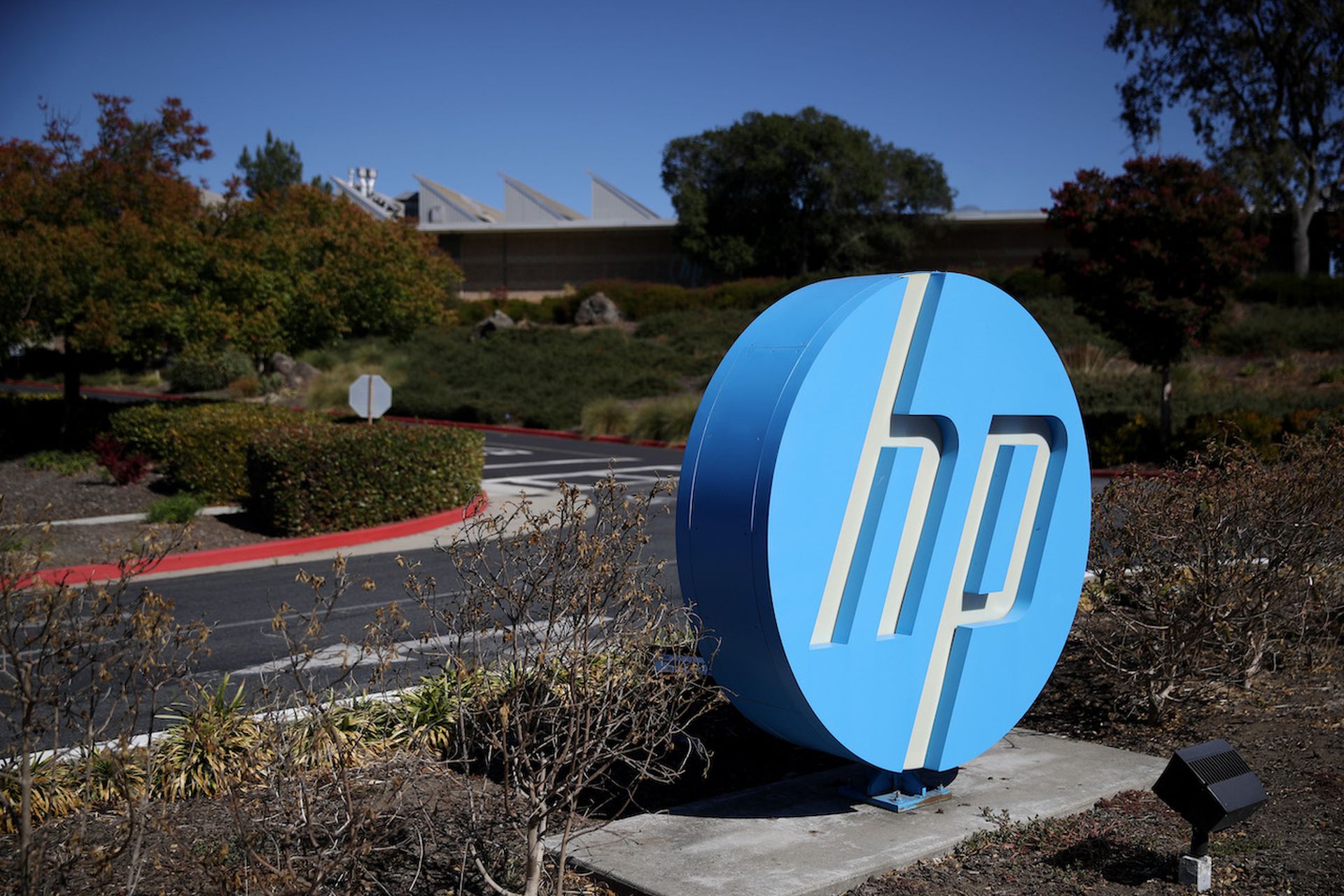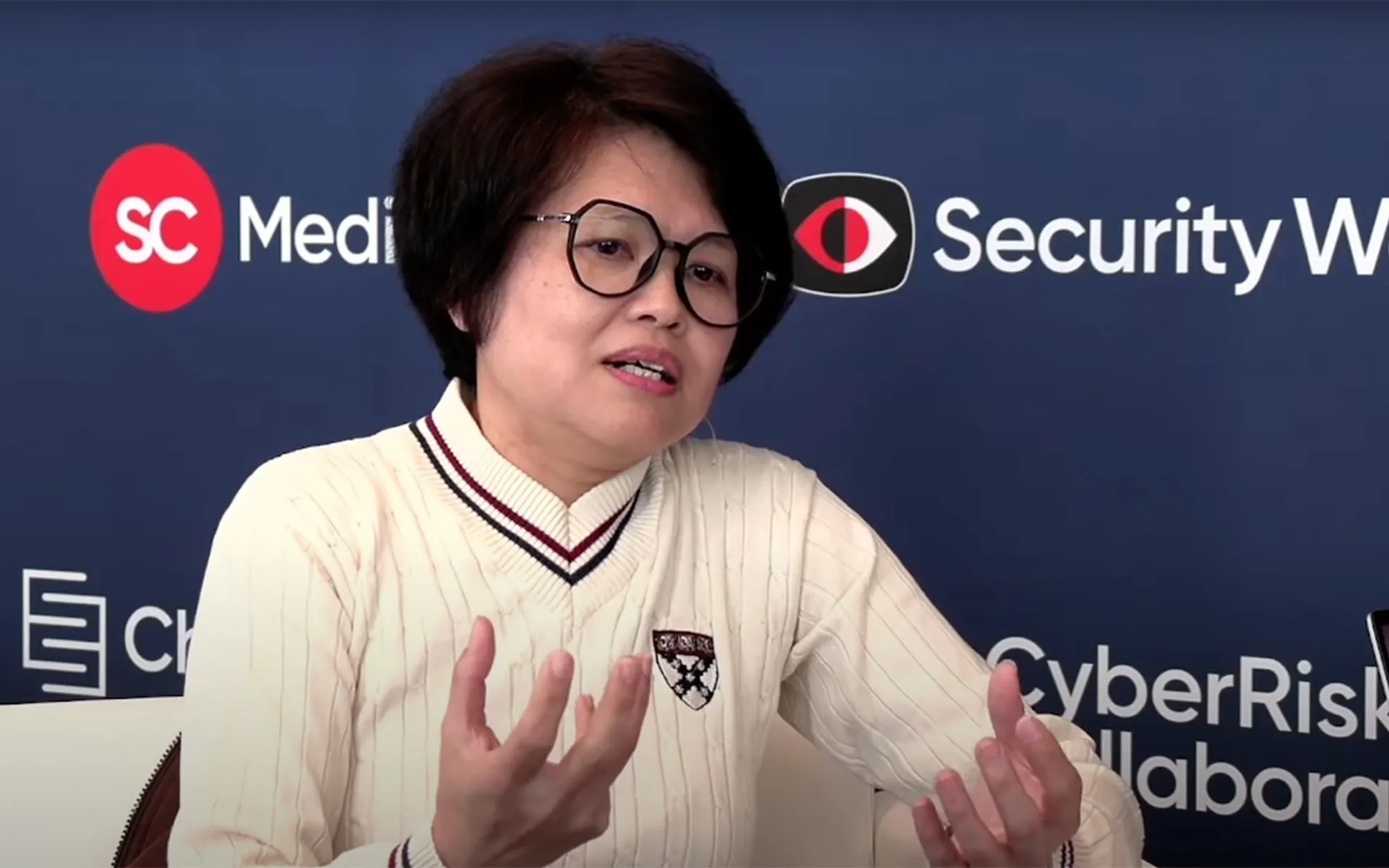Shifts to enable remote working amid the pandemic were done virtually overnight as companies rushed to respond to lockdowns and retrofit IT architectures. But the year since the virus touched down on U.S. shores also gave many IT and security executives the chance to evaluate longer term cybersecurity problems.
That’s what HP is betting on with Wolf Security, its new line of PCs, printers and a consolidated security platform that takes a hardware-centric approach to endpoint security.
The PCs and printers include security features like self-healing firmware; virtualized, in-memory breach detection; and threat containment and cloud-based intelligence. The company is also offering a new managed print service that allow businesses to bolster safeguards when printing sensitive documents by managing access to company approved printers and providing monitoring and automatic remediation when devices fall out of compliance with corporate security policies.
HP also leveraged its hefty promotional budget to commission a series of short videos starring Mr. Robot’s Christian Slater, who poses as “The Wolf,” a (separate, legally distinct) hacker who walks the audience through all the new mischief he’s able to create for businesses in the wake of the pandemic. “Looks like I’ll be staying for dinner,” Slater intones menacingly after phishing a child playing games on his parent’s hybrid personal and work laptop.
Ian Pratt, HP’s global head of security for personal systems, said the line has been in the works for years and wasn’t specifically developed in response to the pandemic, but acknowledged that the way the virus has spread out and distributed workers across the country and “evaporated” the traditional network perimeter has only underscored the need for greater endpoint security.
“Even before the pandemic, over 70% of breaches started on an endpoint as the point of entry, because the easiest way into an enterprise is to target that intersection of users and vulnerable tech,” said Pratt. With the pandemic, "endpoint security has become more important, because a lot of the protections that you would have had in the enterprise network…are now just being bypassed; endpoints have got to look after themselves.”
But according to Pratt, the crown jewel is their micro-virtualization and isolation technology called HP Sure Access, which shift risky activities to hardware-enforced virtual machines.
Every time a user tries to access applications from their browser, or a sysadmin performs remote operations for high value systems, HP’s devices create – and when you’re finished, destroy – an individual virtual machine environment for that action. It also allows users to work on multiple privileged access workstations on the same device. Pratt claimed that the HP customers who currently use the micro VMs have opened more than 8 billion web pages and documents with no reported breaches thus far.
“We’ve had no reported breaches because [as a user] you’re not having to tell the good from the bad. If it turns out to be bad, there’s no harm done, nothing to steal, no way to persist, nowhere to go” for an attacker, Pratt said. “It just gives you a much greater assurance than you could ever get with a detection-based approach."




